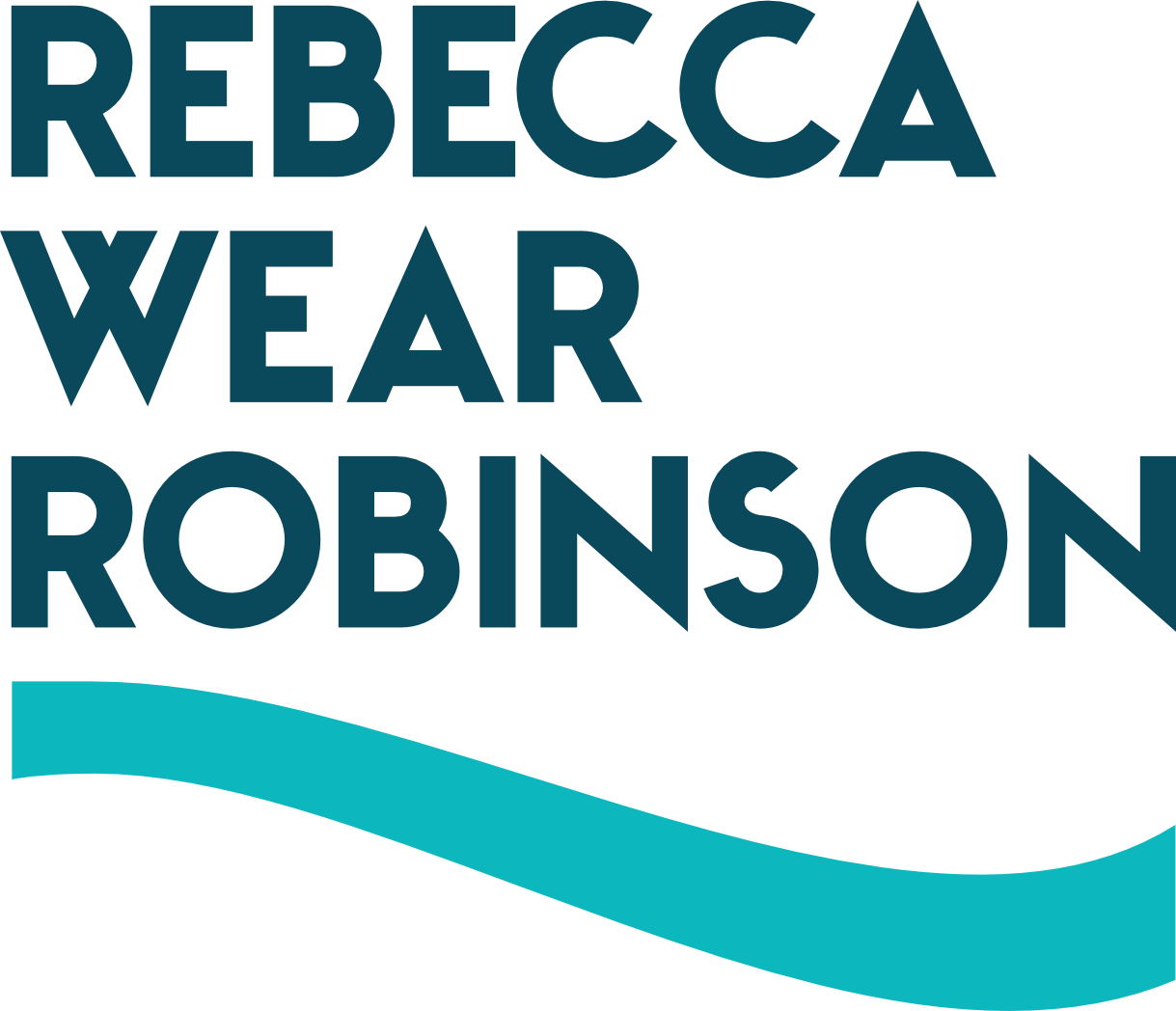Fight Fire With Fire
#Marketing changes attitudes and behaviors - it’s time to use it for good.
The images out of Maui this week are devastating. Fast moving fire has destroyed much of the island and at least 99 people have died, so far. We know the destructive power of fire. We understand and we fear the power.
Marketing has the same power to change - destructively or positively.
In the vast fires that burn regularly around the world, firefighters employ many techniques to extinguish or contain the fire. One technique is to start another fire. The fires race towards one another, and the preventive fire eats the fuel needed for the damaging fire to expand, diminishing the power and eventually counter-acting the impact.
Marketing can be the social change equivalent of a preventive fire. Every single issue on Earth already has marketing behind it. Marketing changes attitudes and behaviors. It is used in every interaction we have, we just don’t call it marketing unless it’s done by corporations. Until we harness the power of marketing to prevent damage, and then change attitudes and behaviors positively, we’ll never escape the flames.
Marketing influences behavior. When you choose between Coke and Pepsi for your drink, or Nike and Adidas for your shoes, your behavior is being influenced by effective marketing campaigns. We accept that marketing is a powerful tool of business. We are even happy that marketing is a powerful tool because, done well, marketing makes us feel better, stronger, and more powerful.
If marketing has such power to influence behaviors, why aren’t activists hijacking marketing and using it - ethically and effectively?
I believe it is because marketing has been lumped in with all that is wrong with the current capitalist model. We are in danger of throwing out what works, including marketing, because the entire system isn’t working for too many. Wealth inequality has been steadily rising, with sobering similarities to the run-up to the Great Depression. Climate change threatens our very existence, but the determinedly capitalist U.S., with only 4.25% of the world’s population, remains the second largest emitter of carbon in the world. Destructive behavior fuels a number of major industries. Too many industries are driven by short-term profits, creating larger profit margins, and shareholder value, at the expense of workers and communities. Even firms that make a series of bad decisions can be deemed ‘too big to fail’ and get bailed out, especially in the finance industry. But you already know that.
Pure capitalism is a fantasy. Capitalism is a system based on a theory - no different from the systems and theories of socialism or communism. Beliefs that all humans are self-serving or theories debated over an excessive amount of beer never survive intact when implemented by real people in the real world. Human nature is not as homogenous and predictable as Adam Smith, Karl Marx, and Plato believed. The existence of lobbying firms, manipulation of the tax system, quotas, foreign policy, central bank intervention, shareholders, and, of course, human nature - all warp Adam Smith’s theory of capitalism. In pure capitalism, if the market is working efficiently, inefficient businesses go out of business. They don’t. The capitalist model linked with democracy did contribute to the U.S. becoming a world power for a long period. China has a communist political system, but their economic model has adopted many aspects of capitalism, lifting 770 million people out of poverty in 4 decades. Capitalism has played a part in lifting millions out of poverty, even while contributing to unequal distribution of wealth, so something parts of the theory are working better than other parts. Instead of focusing on what is wrong with theories like capitalism, we must pull out what does work and leverage it for good. It’s time to create a new model for social change.
We have wasted time and energy fighting against existing economic models instead of creating a model for social good. We have to learn to fight fire with fire. Social marketing pulls what works effectively from capitalism and changes the focus from disproportionately benefitting the few to a better world for the many. It’s the opposite of the roots of capitalism, stemming from the Protestant Reformation of the 16th century, where economic inequality was justified on the grounds that the wealthy were more virtuous than the poor.
How Maui recovers from the devastating fires is a microcosm for how we can change the world, from climate change and other destructive forces. Will activists successfully market the idea that there is a way of rebuilding that benefits the environment and local communities in a way that is sustainable, equitable, and benefits all, or will we succumb to marketing by those who see an opportunity to consolidate their wealth and power, one natural disaster at a time?
With deepest respect to the people of Maui, my intent is not to exploit your experience by writing about it, but to encourage us all to learn from it, and hopefully even to provide you the tools to protect your paradise. #market your vision for the future. And then fight to realize that vision.

